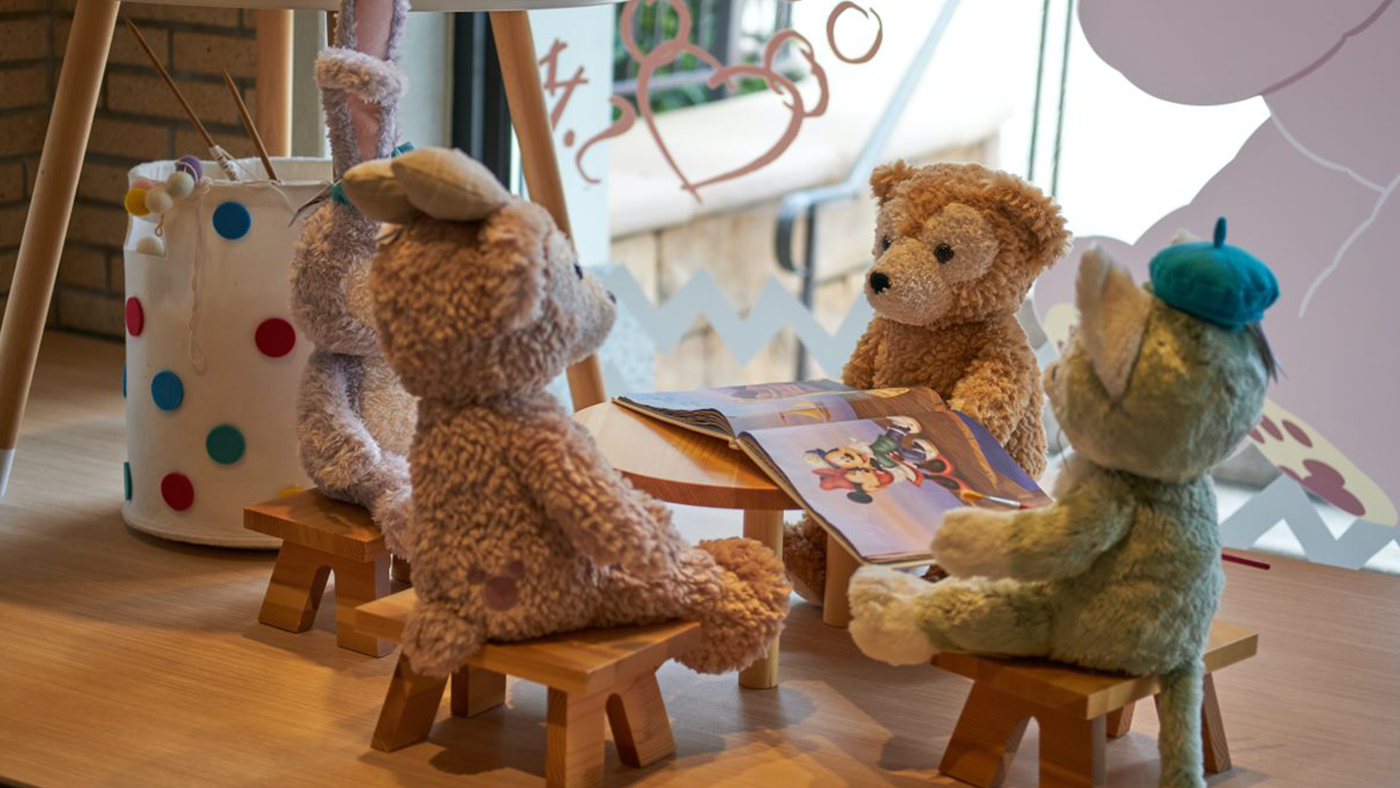How big am I? Your toddler and scale errors

You might notice your toddler make ‘scale errors’, for example, they try to sit on a chair that is obviously too small for them or get into a toy car! Not all children do this, but if you notice these types of misjudgements, it’s part of your toddler beginning to understand the world.
Why does your toddler think they can sit on a doll’s chair?
If your toddler tries to sit on a doll’s chair, it shows they are recognising it is a chair, but they are not linking the information about what the object is with information about its size before trying to sit on it.
Scientists studying this tendency found that if children had a large and a small version of the same object together, they did not make these errors. So, taking the example above, if a child had a normal sized chair in front of them, along with a doll’s chair, they would only try to sit in the normal sized one.
There are a couple of things that might contribute to scale errors:
Brief lapses in inhibitory control
Inhibitory control is simply our brain’s ability to stop us doing something – it’s one of the executive function skills and takes a long time to develop.
Your toddler sees the small object and recognises it as a chair or car. For us, we would realise it was too small and our inhibitory control would stop us from trying to use the object.
Your toddler’s brain is still developing and brief lapses in inhibitory control are not unusual.
Toddlers are still developing their awareness of their bodies
Their scale errors might be linked to this lack of awareness.
You might also notice them trying to fit into spaces that are too small or try to put on dolls’ clothes.
If you notice your toddler doing this, simply commenting, “You’re too big!” might help them pause and think, and begin connecting their knowledge with the size.
It could also be a lovely photo to add to your scrapbook!
References:
Deloache, J.S., Uttal, D.H., Rosengren, K.S. (2004) Scale errors offer evidence for a perception-action dissociation early in life. Science 304 pp1027-1029.
Deloache, J.S., Lobue, V., Vanderborght, M. & Chiong, C (2013) On the validity and robustness of the scale error phenomenon in early childhood. Infant behavior and development 36 pp62-70.